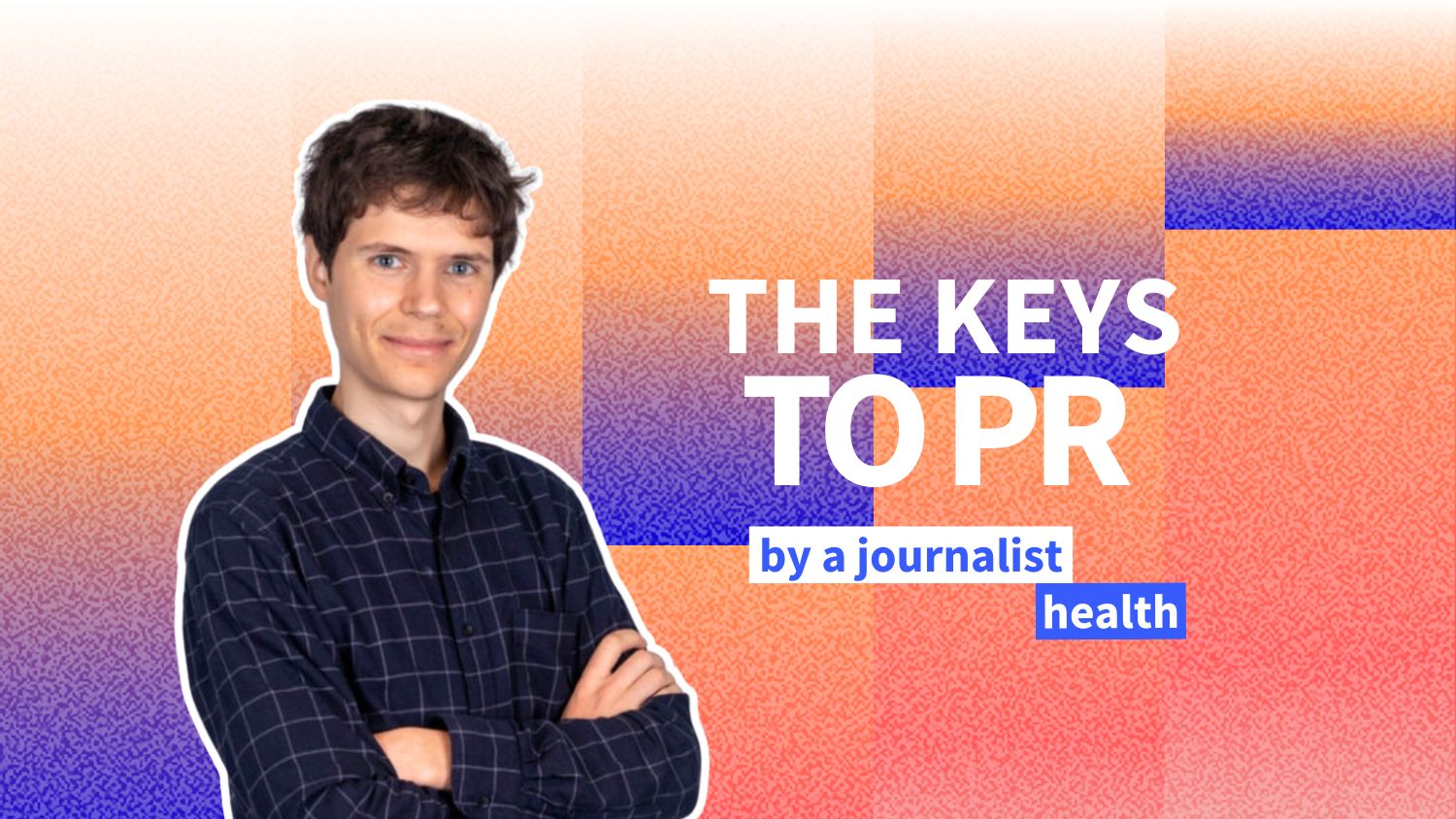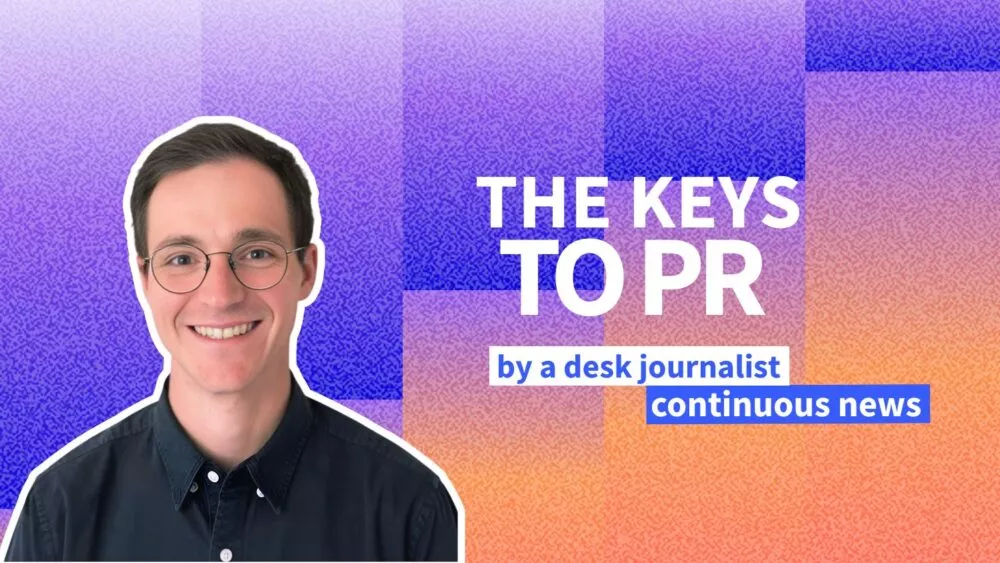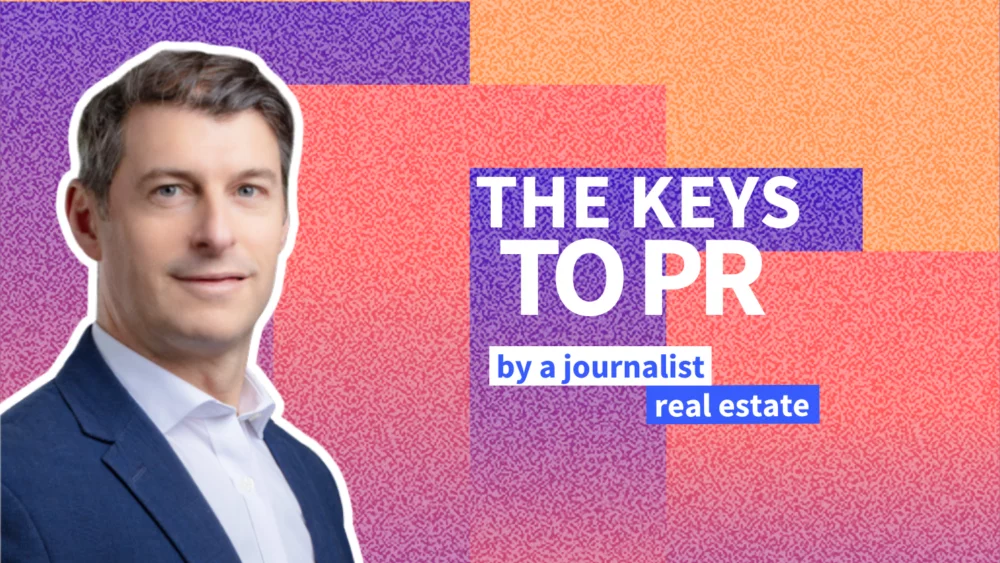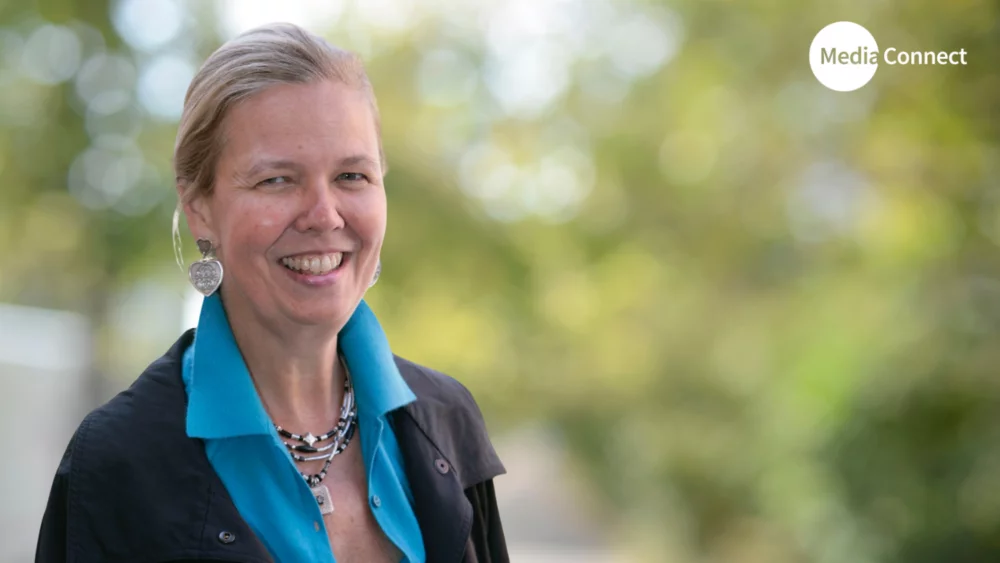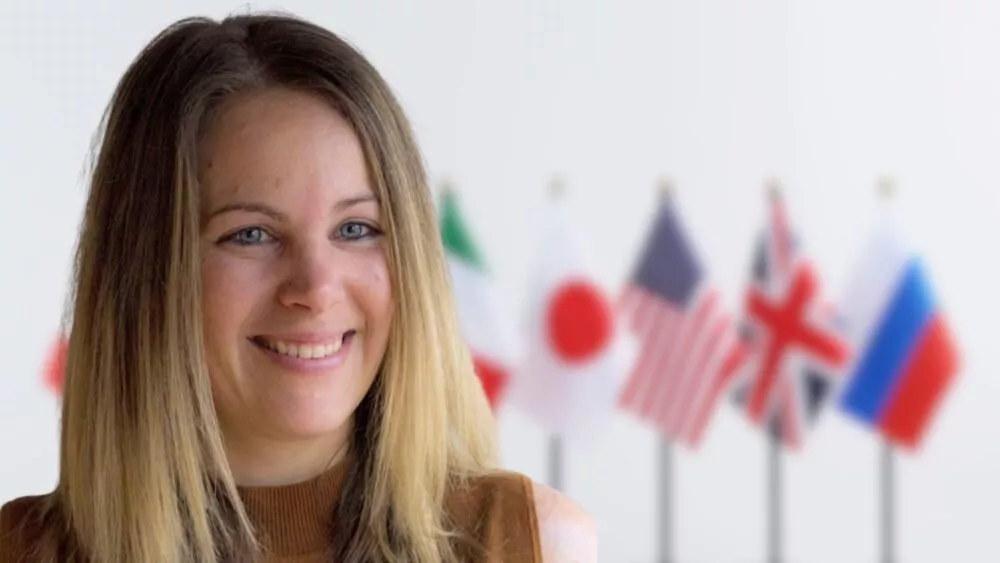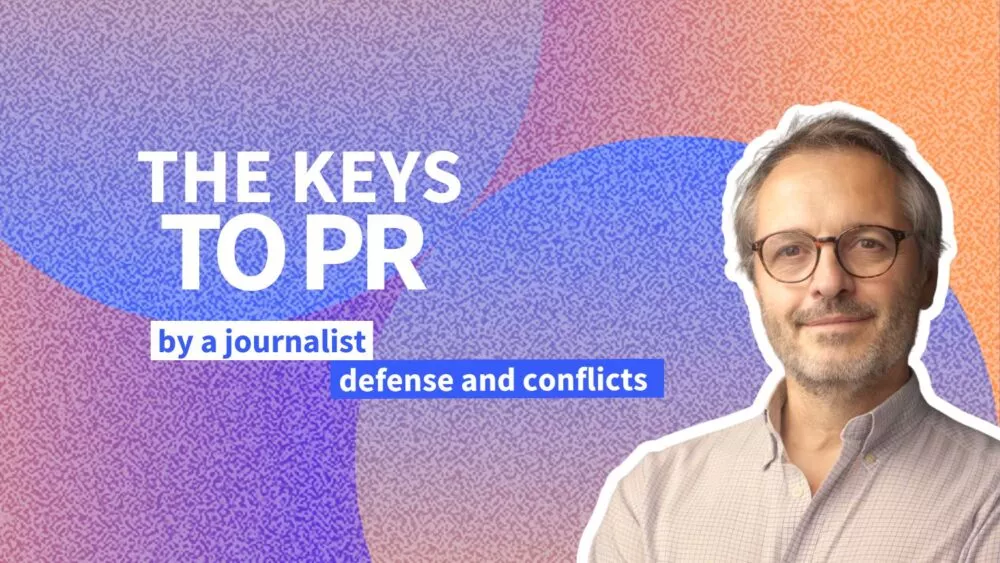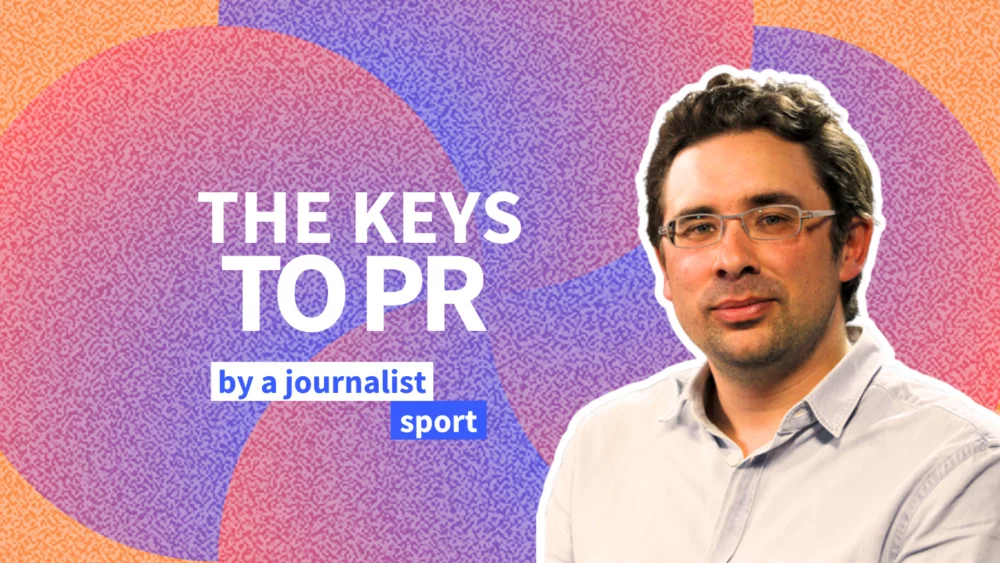How do you choose your topics? What are the criteria for a company’s information to be included in an article?
A good topic—although it might seem obvious—is one of public interest. At Le Parisien, we say it must be relevant, meaning readers should be able to relate to it in some way. The health beat is quite practical in that sense: as soon as we talk about epidemics, medication, etc., it’s immediately relevant. Also, at Le Parisien, we focus on unique and original stories—those that provoke a reaction from readers, encourage comments or sharing. This could include a compelling recovery story, a major medical breakthrough, or a remarkable technological feat. Then there are what I consider “must-cover” stories, such as major government announcements. Our job is to report on what can impact people’s lives and daily routines. So we always keep the reader in mind. For a company’s information to make it into an article, it has to be tied to current events. This is key: there needs to be a news hook, especially in a daily like Le Parisien.
There are also internal editorial considerations that communicators might not be aware of, such as content variety and news hierarchy. We aim to mix up the topics.
What are your main sources of information when writing articles?
I have a wide and varied range of sources.First, there’s my personal network, made up of doctors, caregivers, patients, lawyers, hospital administrators, and union members. We stay in regular contact, and they alert us when they have relevant information. Then there are what I call institutional sources—ministries and major health agencies. They publish reports or alerts and, when possible, we appreciate being notified in advance under embargo so we have time to prepare a story. I also draw inspiration from content I see on social media or in competing articles, especially from foreign media.
What role does PR play in your daily work?
My inbox is overflowing every day. I receive about a hundred emails daily from press offices and PR agencies. It’s impossible to respond to all of them. That said, I do see them all and take the time to decide what might interest me. As long as it's health-related, it could serve as inspiration. I think PR is a two-way street. I sometimes contact communication and press offices for confirmations, clarifications, or embargoed information. When you’re a journalist at a daily paper, it comes with the territory. Still, the topics that interest me most are those I pursue myself. The emails I receive rarely turn into articles. PR messages are more of an alert or source of inspiration. Sometimes an email only becomes useful two weeks later. So I scan everything, and it always stays in the back of my mind.
Would you describe the relationship as teamwork or a power dynamic?
I wouldn’t call it teamwork, because I see us as doing two very different, almost contradictory jobs. In a way, PR people are selling topics. I’m here to write about what I think is interesting, not to “buy” prepackaged ideas. I see the PR-journalist relationship more as a power dynamic—but not in a negative sense. We can still work well together. Ultimately, relationships vary greatly. There’s a definite power dynamic when, for example, we contact a hospital’s comms department about a medical error. On the other hand, it might feel more like teamwork—though I don’t love that word—when we’re publishing an exclusive on a groundbreaking study conducted by five Pasteur Institute researchers over ten years worldwide. But even then, it’s not a partnership—it’s Le Parisien’s article; the Pasteur Institute doesn’t get a say.
We might work together, but saying we’re walking hand in hand?
No.
What do you expect from a press release? What mistakes should be avoided?
There are many mistakes to avoid. I’m usually wary of emails that claim to announce a revolutionary breakthrough, especially those written in ALL CAPS. Those emails are probably crafted to have an impact, but it’s best not to overdo it. I figure that if it really were that incredible, it would have already made the rounds or been picked up by other media. Also, emails that start with the wrong name go straight to my trash. It feels like a mass email sent to 30,000 journalists. A targeted message to a few people is always more effective. I’m also wary of studies commissioned by pharmaceutical companies. Regardless of the methodology, there’s usually a hidden agenda—like selling a product.
Then there are awareness days. They’re kind of my nightmare because in health, there’s practically one every day: World Childhood Cancer Day, World Organ Donation Day, etc. Sometimes I’ll do a story themed around one of these days, but it’s rare. It feels like the easy way out. Still, I know PR people are tempted to pitch around these events. In short, when I read a press release, I want the core info upfront. I need to quickly understand: What’s new? Why does it matter? Why could it interest Le Parisien? And most importantly—how does it tie into current events? Why is it news now, and not two months ago?
To sum up, what are the conditions for good PR?
Honesty. I’d rather the PR person admit they sent the email to ten journalists than pretend I’m the only one. Be clear if there’s an embargo, and don’t promise an exclusive if there isn’t one. Honesty applies to me too. Maybe I should be more straightforward when I’m not interested in a story. Also, when I express disinterest, I expect PR people to respect that and not push further. That’s what I take away as the foundation for a clear, professional relationship between journalists and communicators.
What Nicolas Berrod expects:
-
Clear, quickly understandable information
-
A real connection to current events—not a pretext
-
Honesty, not overhyped announcements
- No generic mass emails sent to thousands of journalists

